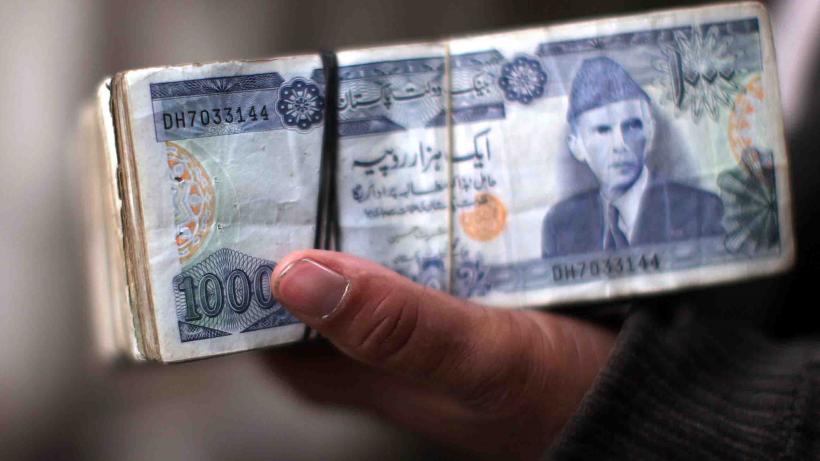
Incentives for better tax collection
Developing countries collect much less tax revenue on average (10-15% of GDP) than developed countries (30-40% of GDP), giving them less resources to deliver public services. Research shows that incentives – such as performance pay for tax collectors and naming and shaming tax-evading firms – can significantly increase revenue collected. Findings have directly informed policies in Bangladesh and Punjab, Pakistan.
What is the challenge?
Tax revenues enable governments to build infrastructure, deliver public services, and enforce law and order – essential ingredients for economic growth. However, developing countries face barriers to effective taxation and collect much less tax revenue on average as a share of GDP (10-15% of GDP) than developed countries (30-40% of GDP). Low-income countries must overcome gaps in tax reporting, monitoring, and administration that often result in weak enforcement and widespread tax evasion.
Addressing the problem
IGC has worked with governments to test out different ways to improve tax collection in countries with low tax-to-GDP ratios including Pakistan and Bangladesh. The strategies include incentivising tax officials to perform better and exposing information about firms’ tax compliance to other firms and the public.
Research results
- Performance incentives for tax officials: A series of randomised experiments conducted by tax authorities in Punjab, Pakistan, in collaboration with IGC researchers from 2010-2014 found that offering monetary and non-monetary incentives for property tax collectors to improve their job performance helped increase revenues. In randomly-selected areas where tax collectors were offered large monetary incentives, revenues collected grew faster by 9-13 percentage points over the two-year study, with these gains exceeding the cost of the incentives (Khan et al., "Tax Farming Redux: Experimental Evidence on Performance Pay for Tax Collectors", The Quarterly Journal of Economics). Meanwhile, offering tax collectors a desirable non-monetary incentive – a merit-based opportunity to be transferred to a better location – led to increases of 44- 80% in revenue growth over two years, at no extra cost to the government.
- Rewarding taxpayers and shaming non-payers: In Bangladesh, only 9.3% of firms were paying Value-Added Tax (VAT) in 2012. IGC researchers partnered with the National Board of Revenue in an experiment that publicised information about which businesses were paying their taxes, in an effort to increase voluntary tax compliance. A randomly-selected group of firms received information about the tax payment status of neighbouring firms. After receiving this information, the following year, firms in high-compliance areas were 3.4 percentage points more likely to make a payment and paid 17% more in taxes overall.
Impact on policy
IGC research suggests there is potential in many developing countries for innovative tax policy strategies – such as rewarding tax officials to for good performance and increasing transparency about who pays their taxes – to help increase revenues in contexts of low tax capacity.
In Pakistan, the Punjab government is expected to consider wider policy changes in the management of civil servants, incorporating findings related to both financial and non-financial incentives. Researchers’ continuing collaboration with Punjab’s Chief Minister and tax department has exemplified IGC’s co-generation approach in embedding policy changes in governmental departments. Most recently, the Chief Minister has established a committee within the tax department to focus on the scale-up of the job postings project.
In Bangladesh, findings from the taxpayer recognition project informed the government’s strategic development plan, the Seventh Five Year Plan (FY2016-2020). The government plans to use social recognition programmes to enhance tax revenue collection, influencing firm and household behaviour through publicly available information about tax compliance.
- Property tax experiment in Punjab, Pakistan
Asim Khwaja, Benjamin Olken, and Adnan Khane
- Taxpayer recognition programme
Nasiruddin Ahmed, Raj Chetty, Ghulam Hossain, Mushfiq Mobarak, Aminur Rahman, and Monica Singhal
- Video - Taxing Pakistan: How to motivate civil servants
- Growth brief: Taxing to develop – When ‘third-best’ is best
Henrik Kleven, Adnan Khan, and Upaasna Kaul
- Mapping of consumer incentive schemes for VAT around the world

